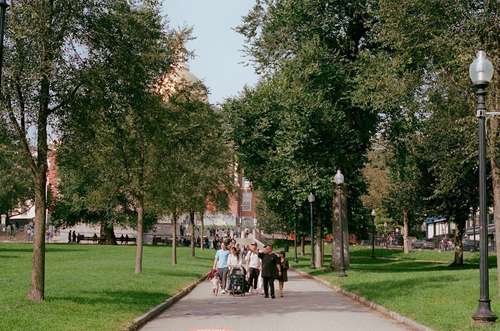Nobel Peace Prize laureate Muhammad Yunus, the head of Bangladesh's interim government on Sunday called for the fast-tracking of the resettlement of Rohingya Muslims living in the South Asian country. This is coming as a result of the new wave of refugees fleeing Myanmar's Rakhine state due to the escalating violence in the area.
In recent months, at least 8,000 Rohingya Muslims have fled across the border to Bangladesh as the fighting intensifies between the ruling Myanmar's junta and the powerful ethnic militia, the Arakan Army, a part of the country's Buddhist majority.
The Rohingya refugee population has had a notable increase after the new arrival of more than one million Rohingya refugees resulting in overcrowded camps in Bangladesh's Cox's Bazar district. This camp consists mostly of those displaced persons who fled a military-led crackdown in Myanmar in 2017. With little or no hope of returning to their homeland where they are largely denied citizenship and other basic rights, the Rohingya refugees are left with the option of resettlement.
The call for expedited resettlement efforts was made known in a meeting with the International Organization for Migration (IOM), where Yunus, the Chief Adviser to the interim government, said the "resettlement process should be easy, regular, and smooth."
The head of the IOM in Bangladesh, Abdusattor Esoev said the resettlement of Rohingya to third countries resumed in 2022 when the United States announced the establishment of a resettlement program for vulnerable Rohingya refugees in collaboration with the Government of Bangladesh and the United Nations High Commissioner for Refugees (UNHCR).
This is coming after a gap of 12 years but only started gathering pace in 2024.
Washington has reassured the Bangladesh government of its commitment to resettle thousands of Rohingya in the United States describing it as being part of the global U.S. Refugee Admissions Program. This is one tool of a more comprehensive response to the Rohingya refugee crisis with the main focus on preparing the Rohingya for voluntary, safe, dignified, and sustainable return. However, according to a statement by the Chief Adviser, the process has not yet been accelerated.
The recent surge in violence is the worst the Rohingya have faced since the 2017 Myanmar military-led campaign, which the United Nations described as genocide and crimes against humanity at the hands of Burma’s military.
Mohammad Touhid Hossain, Bangladesh's de facto foreign minister, told Reuters last month that Bangladesh cannot accept more Rohingya refugees due to the overwhelming number of refugees and called on India and other countries to open their borders to those fleeing violence.
He also urged the international community to put in more effort and apply pressure on the Arakan Army to cease its attacks on the Rohingya in Rakhine State.
In 2022, the United States pledged to support efforts to hold the perpetrators of the genocide and crimes against humanity against Rohingya accountable and to ensure justice for the victims of these atrocities.
The Rohingya refugee resettlement from Bangladesh reflects the United States’ long-standing leadership and humanitarian services in the face of an unprecedented displacement crisis.
Final Remarks
Bangladesh has urged for accelerated resettlement plans for Rohingya refugees, emphasizing the strain on its resources after hosting nearly a million refugees for years. Swift international collaboration is needed to address the humanitarian crisis, ensuring dignified resettlement, while easing the burden on Bangladesh and fostering long-term regional stability.




